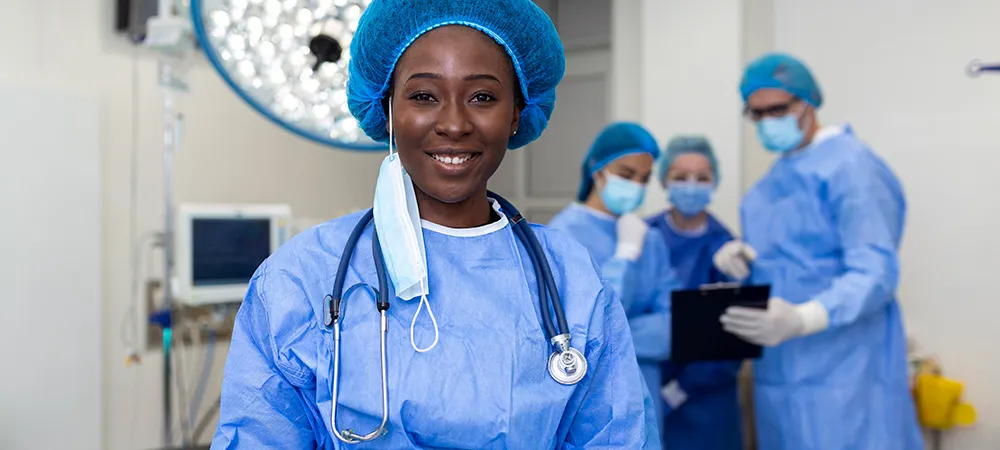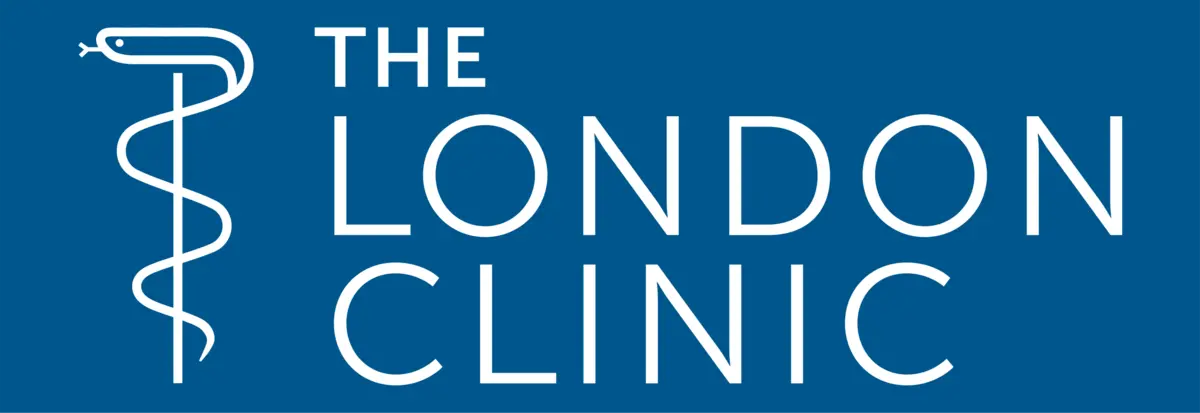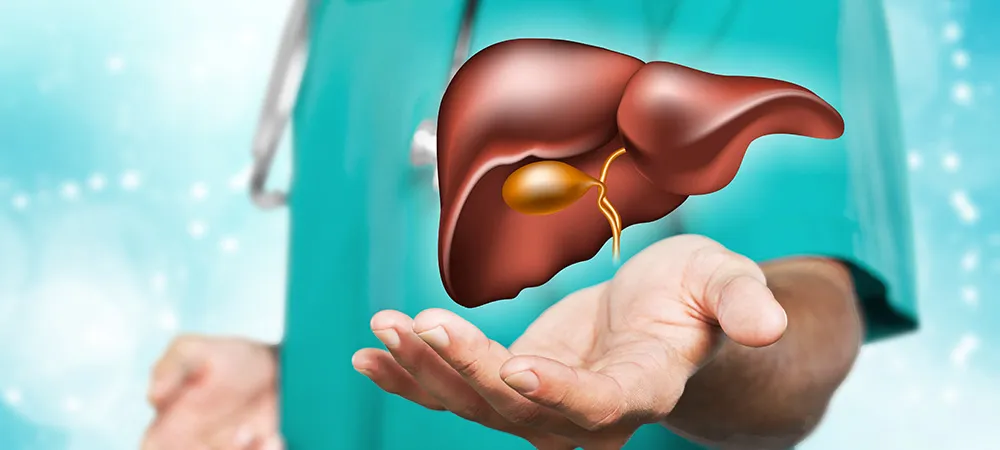The liver donation process in Kenya has several phases, including evaluation, surgery, and recovery.
Donors need to be aware of the risks associated with liver donation and what the process entails.
Key Takeaways
1. A liver transplant offers the best treatment option for patients with end-stage liver disease.
2. There are three types of liver donation: living donor, split liver and deceased liver donation.
3. You need to be in good health and have a healthy liver to be considered for a liver donation.
When Is Liver Donation Needed?
Living liver donation is a voluntary process, and donors must have a compatible blood type and liver anatomy suitable for donation.
Liver donation may be required when a family member or someone unrelated to the donor whose blood type is a good match and needs a liver transplant.
What are Liver Donation Criteria?
Liver donors must not have severe medical conditions, such as liver disease, diabetes, heart disease, or cancer.
For you to become a live liver donor, you must:
1. Be in the age range of 18 and 60.
2. Be ready for the pre-donation evaluation process, surgery, and recovery.
3. Be in good health and psychological condition.
4. Have a compatible blood type (see the table below).
5. Have healthy liver and kidney function.
6. Have a body mass index of less than 32.
7. Abstain from alcohol until you fully recover.
Compatible Blood Types
| Recipient | Donor |
| O | O |
| A | O, A |
| B | O, B |
| AB | O, A, B, AB |
You are not eligible for liver donation if you:
1. Are under the age of 18 or above the age of 60
2. Are suffering from severe conditions such as heart disease or lung disease
3. Have an incompatible blood type
4. Have HIV or hepatitis
5. Are an active substance abuser
6. Have an uncontrolled psychiatric illness
Also Read: How to Get Liver Transplant
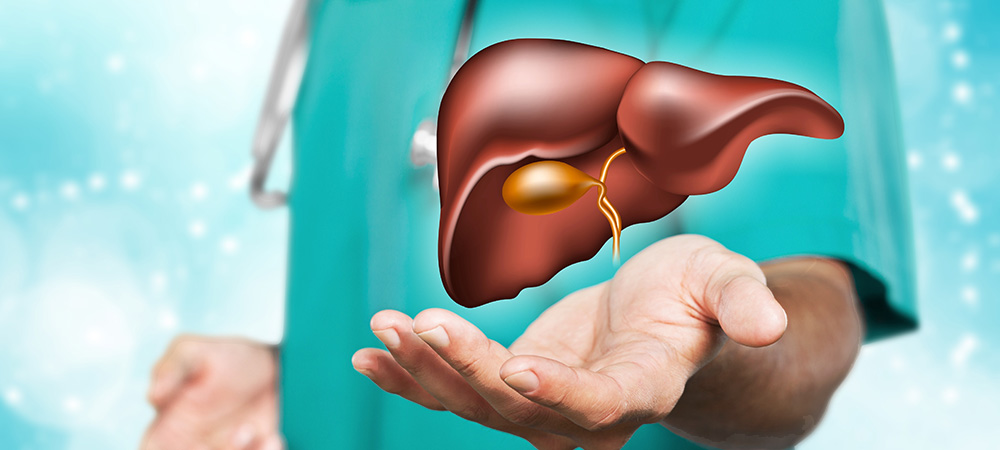
Are you seeking medical treatment abroad? Let’s help you plan your travel and experience personalised care at internationally accredited hospitals that offer world-class medical services to patients who need liver transplantation.
Types of Liver Donation
Living donors
This type of liver transplantation involves a healthy person donating his or her liver to another person. Living liver donation has various benefits, including:
1. Better survival rates
2. Healthier organs
3. Shortened wait list
Split liver donation
A single deceased donor liver is divided into right and left portions transplanted into two recipients simultaneously. This type of liver transplantation maximises the benefit of each available donor organ, making transplantation possible for two people.
Deceased liver donation
The deceased liver donation, also known as an Orthotopic transplant, involves giving an organ or a part of an organ, at the time of the donor’s death or for the purpose of transplantation to another person.
Are you in need of a liver transplant? Talk to our patient support specialist to help you get an exceptional liver transplant specialist.
What to expect as a living liver donor
Individuals interested in becoming a living donor must contact the transplant nurse coordinator to help with their concerns about the process.
If you wish to proceed, you will work with the living donation patient services coordinator to collect your basic demographic information. You will be required to fill out the forms to start the screening and evaluation process.
During the live donor evaluation process, the liver transplant team will perform comprehensive tests to assess whether you are fit for major surgery and if your liver is suitable for liver donation.
The liver transplant team will include:
- Transplant surgeon
- Hepatologist
- Transplant nurses
- Social worker
- A psychiatrist or psychologist
- A dietitian and an anaesthesiologist
The tests will include and are not limited to the following:
- Blood tests
- Chest X-ray
- CT scan
- Electrocardiogram (EKG)
- Physical exam
- Tissue matching
- Laboratory blood tests
- Urine test
- Pap smear
- Mammogram (for women over age 40)
- Colonoscopy (if over age 50)
- Echocardiogram
Once the evaluation process is over and you are fit for surgery, the live donor coordinator will meet with your family and discuss a plan to keep them updated on the progress of your surgery.
Depending on how quickly you recover from surgery, you might need to stay in the hospital for a few days after your procedure.
You will be released from the hospital once you independently walk, eat, and urinate.
During your recovery in two to three months, your liver volume will have regenerated to at least 80% of its original size.
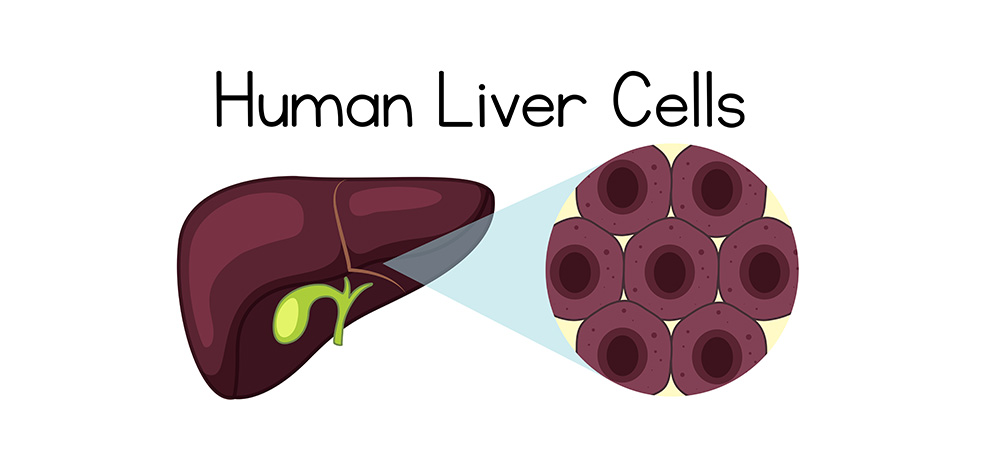
Are you concerned about planning your medical treatment abroad? Talk to our patient support specialist to get you started on your recovery journey.
What are the risks associated with a liver donation?
Living liver transplantation involves major surgery and is associated with complications, which may include:
- Possible allergic reaction to anaesthesia
- Pain and discomfort
- Nausea
- Wound infection
- Bleeding that may require transfusion
- Blood clots
- Pneumonia
- Bile leakage, bile duct problems
- Hernia
- Scar tissue formation
One of the key benefits of liver donation is that it provides the best treatment option for some patients with end-stage liver disease.
Are you looking for a liver specialist? Or are you suffering from an illness? We have made it easier for you to find the right medical specialists in Africa and internationally and get the medical attention you need.
Book your doctor’s appointment and get a comprehensive consultation on the condition affecting your health.
